PREVENTATIVE PEDIATRIC DENTISTRY.
Our goal is to make your child’s dental experience with us calm and entertaining while being motivational about good home oral care. The American Academy of Pediatric Dentistry and American Academy of Pediatrics recommends every child see a dentist by the time their first tooth erupts and no later than their first birthday. Establishing a dental home early will encourage healthy habits that last a lifetime and ensure that your child receives preventive care.
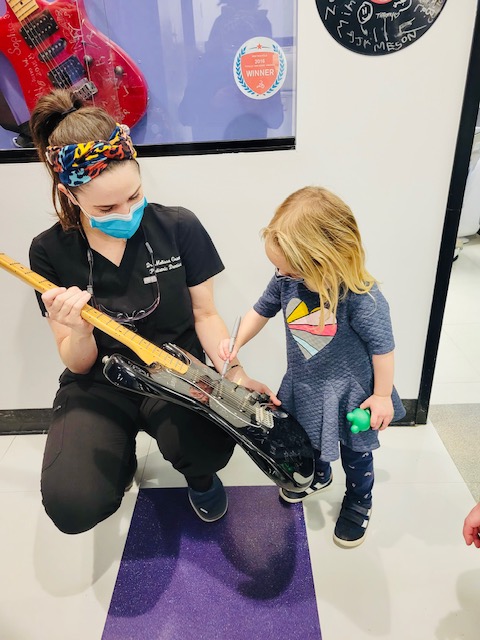 Routine dental cleanings and evaluations are important for your child to maintain good oral hygiene and prevent tooth decay and disease. Our goal is to prevent your child from dental disease. Comprehensive oral evaluations, by our pediatric dentists, will determine the preventative measures that must be taken for your child to maintain optimal oral health. We will review oral hygiene instructions, dietary guidelines, water quality, and any recommended treatment, following the evaluation, with you and your child, as appropriate.
Routine dental cleanings and evaluations are important for your child to maintain good oral hygiene and prevent tooth decay and disease. Our goal is to prevent your child from dental disease. Comprehensive oral evaluations, by our pediatric dentists, will determine the preventative measures that must be taken for your child to maintain optimal oral health. We will review oral hygiene instructions, dietary guidelines, water quality, and any recommended treatment, following the evaluation, with you and your child, as appropriate.
Maintaining a 2-3 times a year cleaning schedule is the key to prevention. Your child will get to choose a fun toothpaste flavor before sitting back to watch a kid-friendly movie overhead while their teeth are cleaned. As mentioned above, our pediatric hygienists are specifically trained in pediatric oral health care and treatment of infants, children, and adults.
Professional cleanings remove mineralized plaque that can develop despite good home brushing and flossing, particularly in areas that are difficult to reach. The pediatric hygienists spend time reviewing your child’s dietary intake and daily dental hygiene routines, encourage healthy eating habits and instruct proper brushing and flossing techniques at each check up visit. During the appointment, your child’s teeth will be scaled and polished to remove the plaque and tartar from the tooth surfaces and under the gum line. Stains caused by food, medication, and other factors, will be removed. The hygienists then place mineral treatment to coat and protect the teeth.
CORE TREATMENTS.
Teeth Cleanings and Pediatric Periodontal Treatment:
At the Pediatric Dental Center, we encourage early professional cleanings by a pediatric dental hygienist and dentist to maintain excellent oral and overall health. Unfortunately, regular brushing twice a day isn’t enough to keep the gums and teeth healthy. Toothbrushes don’t always reach all of the grooves and even when parents floss for their kids, daily flossing doesn’t always catch all of the build-up between the teeth and the gums.
Professional dental cleanings, provided by registered dental hygienists and our dentists, remove plaque from the teeth, prevent cavities, and allow the pediatric dentist to identify any cavities that have already formed. Without regular teeth cleanings, cavities can spread and worsen, causing more serious problems. Regular teeth cleanings are the best way to keep your child’s smile healthy and prevent dental decay.
Remineralization Therapy and White/ Opaque Spots:
Parents often ask “Why does my child have these white spots and are they cavities?” On tooth enamel, cavities often start as white spots. Sometimes these pre-cavity white spots are a result of an enamel defect and sometimes a pre-cavity caused by inadequate home oral hygiene or diet. With routine visits, your dentist can identify these white spots on both front and back teeth (the molars) and suggest a routine that can assist in remineralizing these white spots, to prevent cavity formation.
Often, if there are no dairy allergies, we recommend using MI Paste. MI Paste is a remineralizing paste with Recaldent, derived from milk protein, which delivers the essential minerals calcium and phosphate back into enamel. We recommend MI Paste to strengthen any weak spots we may find during your child’s dental exam. After an in- office application we then recommend that MI paste be applied to the teeth after routine brushing and flossing.
MI Paste can also be used to minimize and strengthen white spots on anterior permanent teeth.
If there is a dairy allergy, in addition to in-office treatments, we have other in-office home remineralization strategies to assist in strengthening the enamel that we are happy to discuss with you.
Sealants:
Dental sealants are a preventative treatment also known as fissure sealants. Children’s molars have very deep grooves and often, tooth brushing alone cannot remove all the food that builds up in these grooves. We place BPA-free material into these grooves to seal them off. In addition to regular dental cleanings and proper home oral hygiene and nutrition, sealants are an essential part of our oral health preventative program.
SDF:
SDF stands for silver diamine fluoride. SDF Treatment is a non-invasive treatment option for cavities. The best part is that it is quick and painless for your child. If a cavity is caught soon enough, using SDF gives the ability to delay restorations (fillings) and arrests (stops) 80% of cavities when applies twice a year.
SDF is not only used for cavities. It also relieves sensitivity, remineralizes “soft” tooth structure, and prevents biofilm adhesion (like a sealant).
Behavior Management:
Every member of our pediatric dental team has special training in using a variety of approaches to help your child have a positive dental experience. Our goal is to engage every patient and develop a true dental home for everyone from our infants to our teen patients. We understand that every patient has different levels of comfort and we are eager to connect with your child and earn their trust.
IV Sedation:
IV Sedation is not necessary for all patients. However, we may recommend IV sedation in cases due to children with extreme apprehension, children in need of extensive restorative dental work/surgery, or special needs patients.
For more information, please see the anesthesia section below.
EVALUATIONS & CONSULTATION.
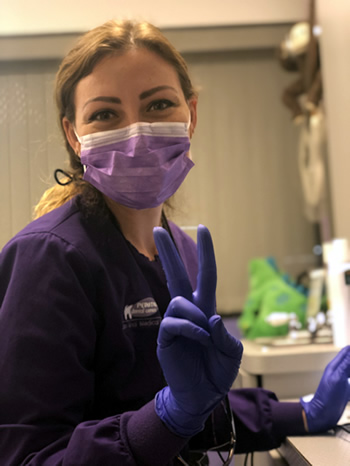 The doctor’s examination evaluates your child’s oral health. An extra-oral and intra-oral examination is performed. The health of the teeth, the soft tissues, and your child’s oral growth and development will be discussed. Any radiographs taken will be reviewed. Treatment plans will be discussed at your child’s appointment, after an examination and review of radiographs or clinical photographs.
The doctor’s examination evaluates your child’s oral health. An extra-oral and intra-oral examination is performed. The health of the teeth, the soft tissues, and your child’s oral growth and development will be discussed. Any radiographs taken will be reviewed. Treatment plans will be discussed at your child’s appointment, after an examination and review of radiographs or clinical photographs.
Sometimes, a more thorough consultation is required based on your child’s needs. The consultation can take place during the initial appointment or can be scheduled as a separate appointment. Our goal is to ensure that you receive the best possible information concerning your child’s treatment options. The time we invest in patient education enables us to deliver the best possible outcome for your child’s dental treatment.
For children with special needs, our doctors often coordinate treatment plans with the rest of your child’s pediatric health care team whether it is the pediatrician, specialty physician, speech pathologist, or occupational therapist.
Recommendations for treatment are explained at a consultation time set-aside specifically for you and your child. If you prefer for your child to not be in the room during the treatment discussions, we advise that you bring another adult with you to supervise your child during this time.
ANESTHESIA.
IN OFFICE PEDIATRIC DENTAL ANESTHESIA: Our mission is to provide your child anesthesia services with the highest standard of patient care and safety, while in the comfort, convenience and familiar surroundings of our pleasant and child-friendly dental office.
Choosing the safest method to manage the behavior of young, and sometimes frightened children, as well as those who may have physical or mental limitations, is a challenge unique to pediatric dentists. It requires an understanding of child psychology, pharmacology and child development as well as a healthy dose of patience, love and discipline.
Pediatric Dental Center offers sedation tailored to your child’s specific needs. The doctor’s decision to sedate or not sedate a child is made solely with the best interest of the child in mind. Anesthetic medications, administered by our anesthesiologist, will allow your child to “sleep” through the procedure in a safe and controlled setting monitored by an anesthesiologist. The treatment is completed efficiently and in one treatment session rather than multiple sessions. Children report no memory of receiving their dental or surgical care.
PEDIATRIC DENTISTRY FOR PATIENTS WITH SPECIAL NEEDS.
As mentioned previously, our doctors and hygienists specialize in providing routine dental care for children with special needs such as cerebral palsy, autism, Down syndrome, severe behavioral disorders, severe developmental delays, brain injuries and other similar conditions. Please let us know in advance of any special accommodations that your child may need.
Please bring with you the name(s) and dosage(s) of any medications currently being taken and a list of all health care specialists on your child’s pediatric health care team.


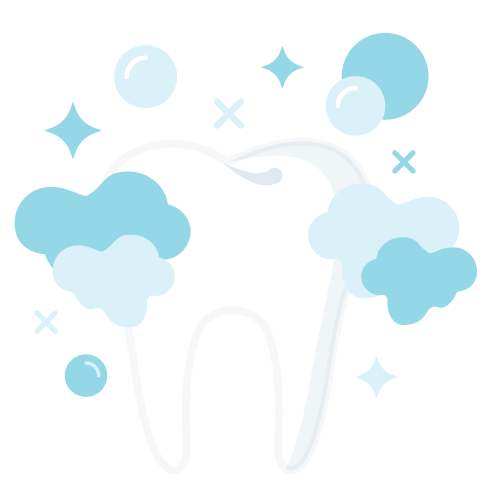
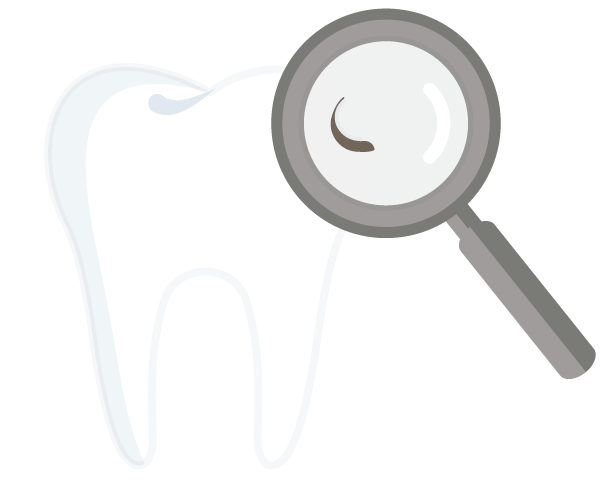
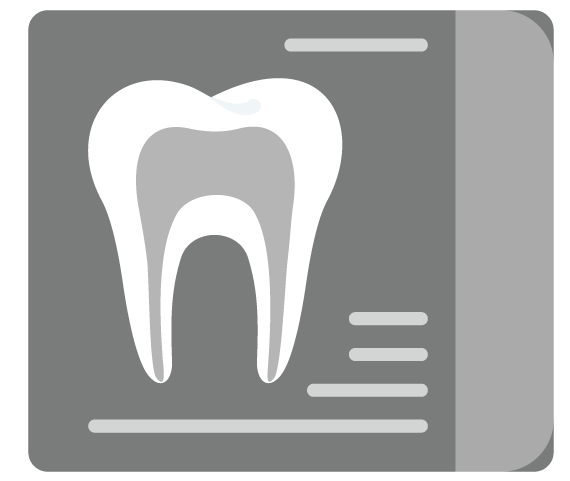

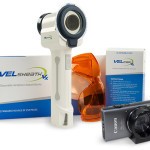 We believe an oral cancer screening is a part of your child’s exam at every cleaning.
We believe an oral cancer screening is a part of your child’s exam at every cleaning.